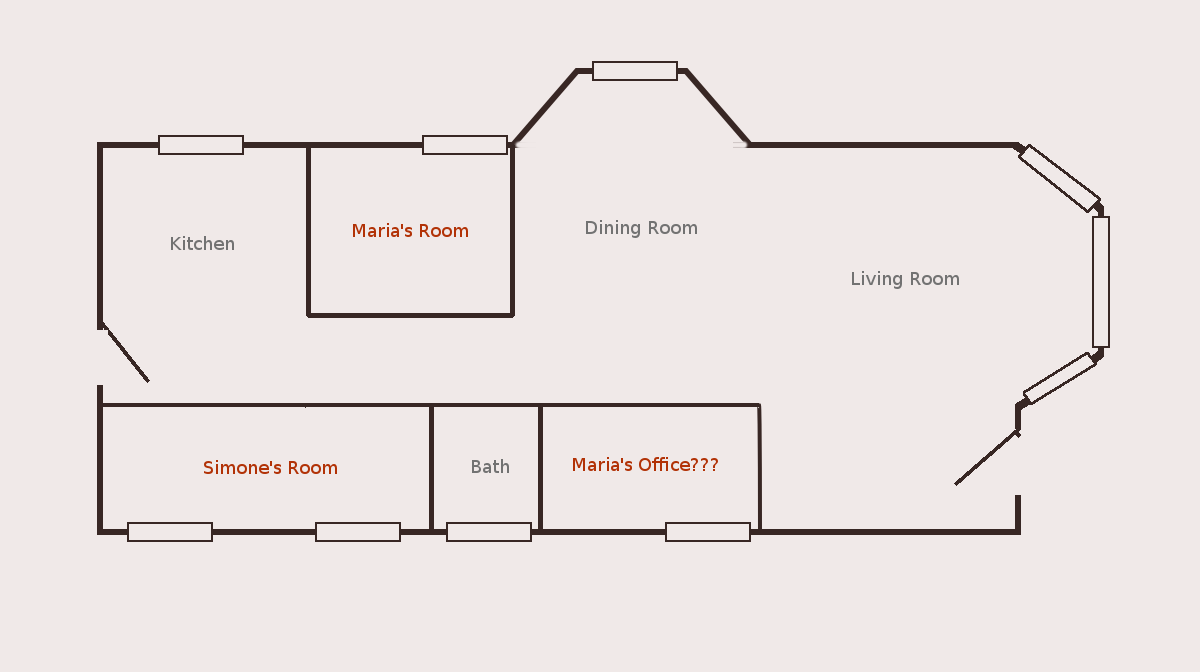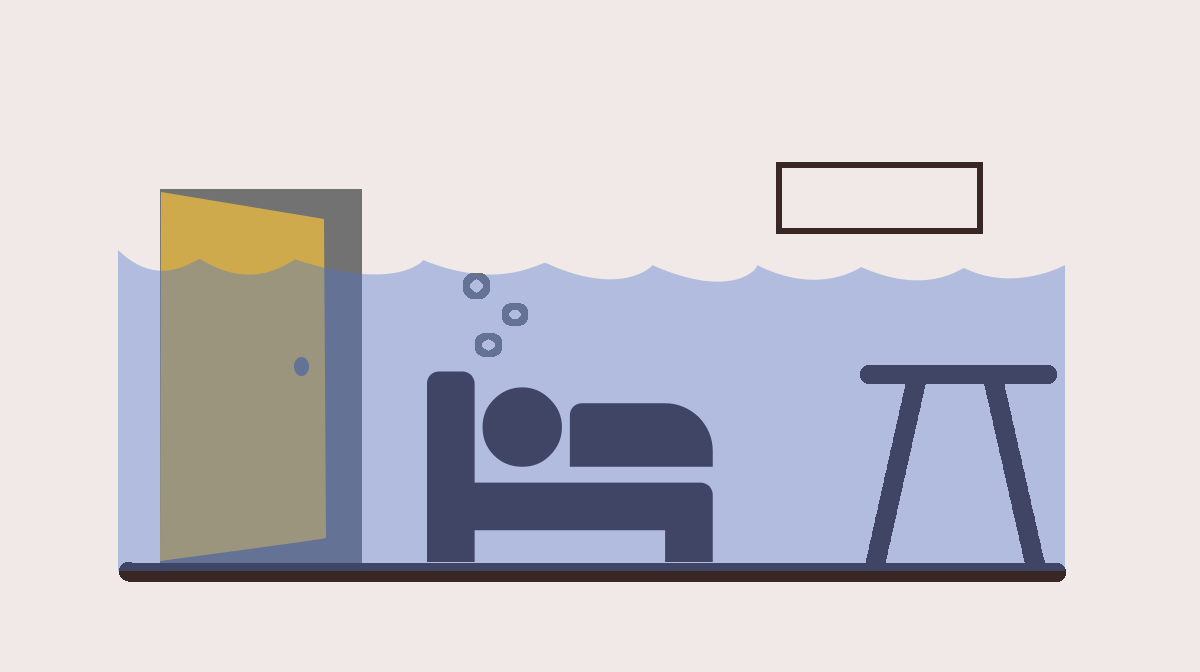When guests visit your home it's usually under a very controlled set of conditions. You prepare ahead of time. Most folks will make an effort to clean the place up and be present when guests are there. However, most folks don't view a visit from service workers in the same way. They won't necessarily be home. They leave the place as it normally is. Some even view maintenance visits as a type of hostile invasion rather than a welcome visit. But no matter your view of maintenance visits and no matter if you requested them or if the landlord is forcing them upon you, the last thing you want is for them to have to come back a second time because they couldn't complete the work. (Given that most maintenance staff are paid by the hour, your landlord would really prefer it to be one-and-done as well!)
In the interest of making things easier for you and less expensive all around, here's how we would recommend preparing your apartment for a visit from maintenance.
Note: We are using "maintenance" as a catch all term here. This also includes regular visits from pest control and inspections by the property manager or Section 8.
Also note: This is different from preparing your apartment for showings, which we will cover in a later article and can't believe we haven't covereed already.
Don't chain the front door.
If you're like many Chicago renters you come and go through the back door on a regular basis. You may keep the front door secured with a landlord chain. But chances are your landlord will be providing keys to the workers, and they may only have keys for the front door. Workers will be expecting to go in through the front. Make sure they can do so.
Clear a path.
It doesn't matter if it's you or your landlord who requested entry. You probably know why they're coming and what areas they will need to access. If they're fixing a window, clear the area by the window. If they're fixing your fridge, clear not only the area around the fridge but also a path from the door to the fridge so they can carry a new one through. If they're coming for a general inspection it's tougher to know what they're going to want to see, but you know there's some consistent things they always look at. Clear the area around the furnace. Clear the area in front of cabinets and windows. And by "clear" we do not just mean the immediate surrounding area. Make a nice big open space for people to work, set down a stepladder or swing a paint roller around.
Remove all pets.
It doesn't matter if the building is pet friendly or not. If you have pets in the apartment, remove them. This is for the safety of not only the workers but also your pets. Workers don't pay attention to the location of your cat's litter box. They don't know that your fish or lizard require the apartment to stay within a certain finite temperature range. They will use all kinds of chemicals and probably kick up some dust. They may leave the door open to bring in supplies, allowing your pet to escape. If you have a pet, remove it. The only possible exception is fish, and even then, you may need to move the fish tank if the requested work will be occurring in the room where it normally sits.
Hide your valuables.
While the majority of maintenance workers are focused on the job and not paying attention to anything else, there's always a handful of bad apples. You cannot know what employee screening methods were used when hiring them. They could be hired by your landlord or by an outside contractor. You also cannot know how faithful the workers are to the rules of the building. So not only should you hide any valuables - this includes jewelry, credit cards and small electronics - but you should also hide anything that might be in violation of your lease or the law.
Photo ready.
Some landlords require maintenance staff to take photos of every job. As most of you know, once a photo is on someone's phone there's no telling what they will do with it. Make sure nothing is visible that you wouldn't want to be shared on some random subreddit for "lulz." While you don't have to clean up the place to immaculate levels and most workers are used to "lived in" apartments, expect that there will be cameras and that you cannot control what happens with the resulting pictures.
Power, water and air.
For workers to repair most things in an apartment they will need access to a power outlet and access to water. They may also be doing things that should only happen in a well-ventilated area.
Is there is an outlet near the work area? Clear the area around it and ensure that there's nothing else putting load on that breaker. Power tools can draw a lot of juice.
They'll need water. The kitchen sink is a viable alternative but if workers are going to be in there for several hours, it's nice to give them access to a bathroom. If you don't want them dirtying up the guest towels, then take down the guest towels. If the T.P. is in an odd location, make it a little more obvious than normal.
Make sure that they can reach and open the nearest window without knocking anything over, letting in bugs, or removing heat-sealed plastic.
Notes in 3 languages.
Sometimes you need to leave notes for the workers. You might want to indicate which out of many windows is not opening, or let them know that a particular outlet is dead. You might want to let them know that one door needs to stay open. Chances are in Chicago that you will be visited by workers who do not speak English as their first language. If you're going to leave notes that have any impact, try to leave them in at least three languages: English, Spanish and Polish. You can use an online translation service to do this.
Sometimes you just have to be present.
Most maintenance visits occur during the weekday when many renters are at work. It can be very challenging to take time off from work to be present for a maintenance visit, especially if it's one that your landlord is forcing upon you with two days advance notice. But if you have very particular living conditions that must be preserved for your own health or sanity then you need to bite the bullet and find a way to be present or have someone you know and trust be there on your behalf.
Are you a maintenance worker doing residential repairs? Did we leave anything out? Let us know in the comments or through our contact page and we'll add it!
RentConfident is a Chicago startup that provides renters with the in-depth information they need to choose safe apartments. Help us reach more renters! Like, Share and Retweet us!






